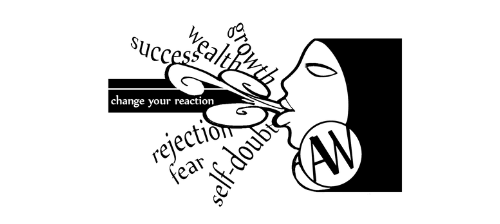
Often times people are referred to as leaders based on the position of authority they have been given with their company. True leaders, however understand their responbisiliby is far great than just a position.
Leaders have the ability to influence their staff to work toward greatness or work toward walking out the door if they are not careful. The idea of power and the structure it creates in a work place can build the company up or create enough conflict to tear it down.
So what does the word power really mean within this context? Designated power comes directly from the position you hold. The power you feel you possess is conferred to you as a result of you taking on the job or poistion you are in. On the other hand there is also something called Distributive Power. This is where conflict and angst can grow becasue this type of power is a power over other persons. When not used wisely or effectively it can cause shifts to morale and turn a healthy work culture into a toxic culture.
Those in positions of power who have th ability to lead can become ineffective managers instead when they don’t understand the responsibility behind the power they have been bestowed. Alternatively, constructive use of power can help to resolve problems within the team, the company and even the industry. The level of power given can also create highly influential teams that produce significant revenue for organizations when positioned properly.
Most often those who do not use the power they are gifted wisely have either never been taught how to utilize their power to empower others or they have internal conflicts of their own that are projected on those they manage. This is why robust leadership training program should be in place at all levels of management and not just at the top. Middle managers can also benefit as they are typically closer to the front line and often the source that causes attrition or enhances retention.
